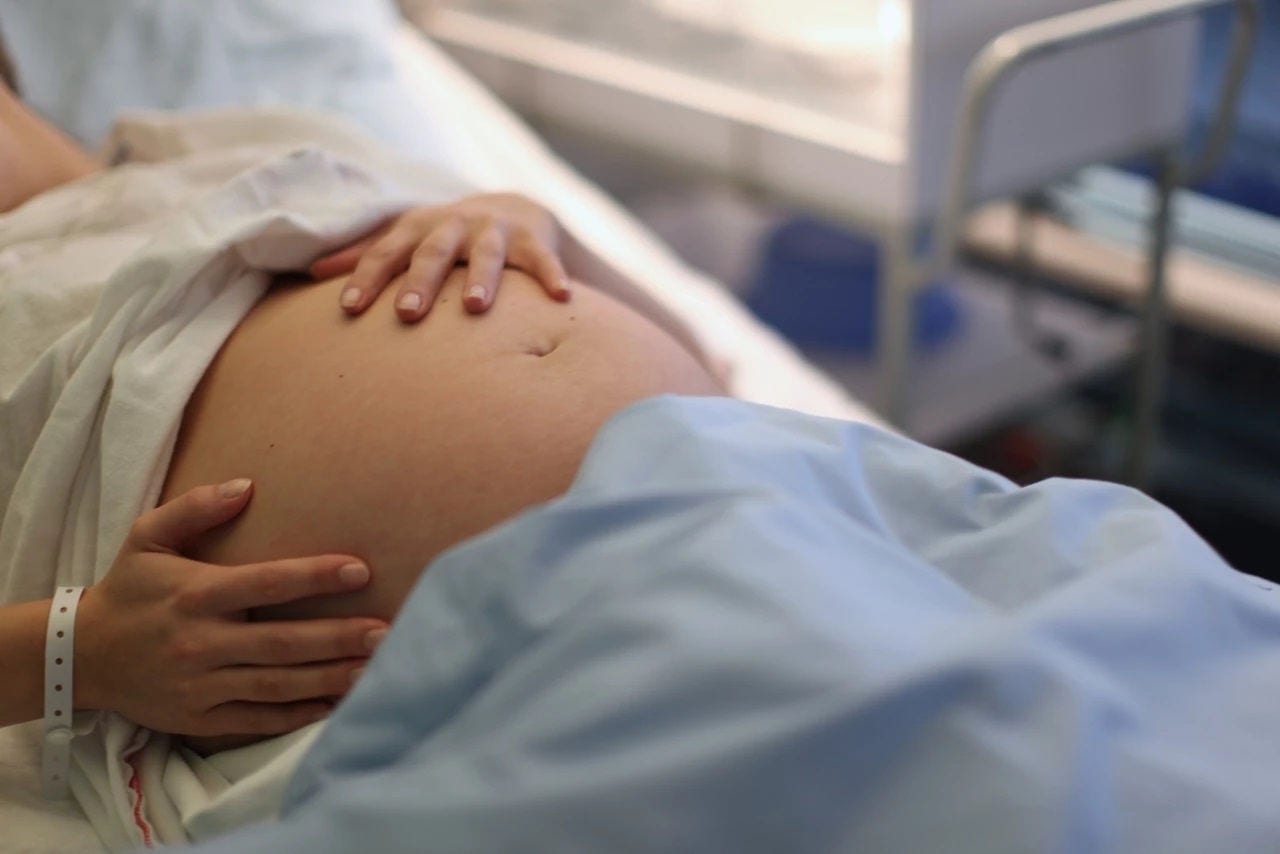With all that’s going on it’s natural to have lots of questions about all sorts of things from the early stages through to labour.
Whether you’re looking for advice on your baby’s development, birth plans, pre-natal exercise or eating well during pregnancy, this section includes everything you need for a smooth approach to the big day.








